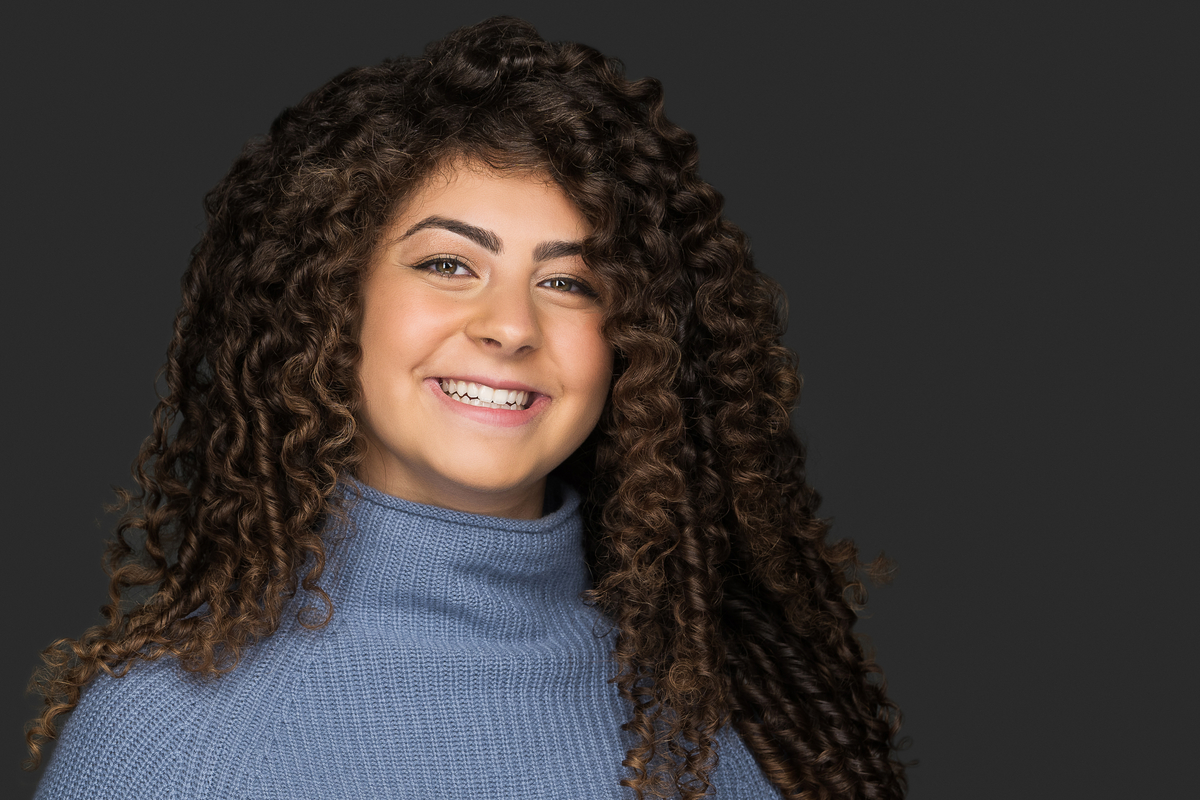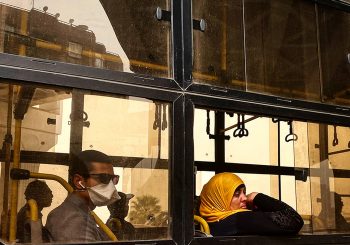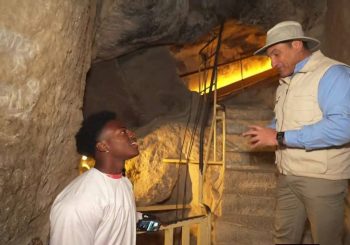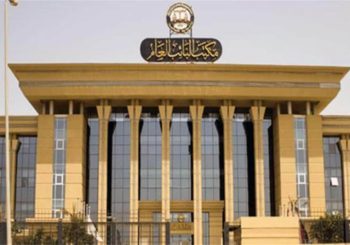You are never too young to change the world for good.
Jana Amin, a 17-year old Egyptian-American activist, is a force to be reckoned with. She is an example of the fearless, dedicated, and fierce young individuals who are passionately working to build a fairer world.
“I truly believe that there is no age that’s too young to get involved,” she says, “we have this misconception in Egypt that people should first graduate and then they can think of doing something for good, but that’s not true at all. I think the more we get young people to be involved and care about the future of Egypt, the more progress we will see.”
Since her early years in high school, the one thing Amin continues to do with ferocious intensity is to lift and empower communities – whether it’s her own community at school or other communities in Egypt. “Your success depends on the people and the community around you, and so for me it has always been about how we can always lift the communities that we are part of,” she says.
At 17, she has worked closely with several NGOs to support women and girls’ education, curated an exhibit, launched a platform for Muslim women, became a member of the Youth Activism Project, founded the UnTextbooked podcast, spoke at the United Nation’s General Assembly, and recently hosted a virtual event ‘#17for17: Advocating for Girls’ Education’ that brought together 17 international and local women from various backgrounds to raise awareness on the importance of girls’ education.
The more you speak to Amin, the more it becomes clear that she is expected to achieve even more extraordinary things in the future. So, where does her relentless drive come from?
From Egypt to the rest of the world
From her childhood in Egypt, she says. Armed with powerful and strong women inside her home, Amin grew up seeing the important role women in her family play and how much they have helped build the strong and ambitious person she is today. “If you’re going to be scared from anyone, it’s going to be teta (grandmother),” she says, “my mother was also huge about lifelong learning, so even if we are in the car and stuck in traffic, our conversations would center on important and purposeful topics.”
One transformative moment for her was also the 2011 revolution. “I remember watching the TV and seeing, not just protestors, but also a lot of Egyptian women in the streets, and for me just watching them on TV made me almost hopeful for the future and what’s coming ahead,” Amin notes.
From Egypt, her journey of activism spread to the rest of the world. It started with her own experience in high school in the United States, where she realized that there was an unfair and stereotyped portrayal of Muslim women in the media.
“A lot of my friends were surprised that a Muslim girl could be in the same class as them or even drive a car, and so it began as a reckoning on a personal level to share my own story and empower other Muslim women to do the same,” she says.
She began her initiative ‘Bantota’ on Instagram – a space where young Muslim women to come together and share their stories, as well as show a spectrum of Muslim women that exist. She also gave a TED talk on changing the narrative of women in the Middle East and how they can take control of their own narratives.
“It’s so hard to create change when you’re not centering the voices of the people that are disproportionately affected by these issues,” she says, “when we are talking about child marriage, or racism, or equality, using the example of one case really helps makes your case strong and allow people to empathize with the issue.”
‘I want us to imagine if every girl in Egypt was educated’
Her purpose is to uncover girls’ real power and turn the world’s eyes on the importance of education to advance women’s empowerment. “Education gives you power and a voice, and when you have confidence to speak up about your own needs, and the means to articulate what is it you need, this is when change happens,” Amin states.
Championing girls’ education, she worked with local NGO Heya Masr to run empowerment programs for young women and fund girls’ education. From there, she encountered Amany, whose older sister was married off at the age of 15 and then had five kids by the time she was 21. After attending the Heya Masr program, Amany shared with Amin on how much education has helped change her life. “For her, having a taste of education and learning helped her decide her own life goals and ambitions, and now she is a human rights lawyer empowering other girls in her community.”
View this post on Instagram
“I want us to imagine if every single girl in Egypt was educated – the opportunities would be endless,” Amin adds.
The importance of girls’ education was brought to the fore this year due to the COVID-19 pandemic. UNESCO estimates that over 11 million girls may not return to school after the COVID-19 crisis, and even before the pandemic, 132 million girls around the world are out of school and are disproportionately affected by conflict, violence, and poverty.
On her 17th birthday this year, Amin decided that her gift would be to help other girls in the world. She joined forces with inspiring women through a virtual event ‘17for17’ to speak out for girls’ education and ensure that learning never stops for any girl.
With over 70,000 people tuning in, it featured 17 speakers on girls’ education from 17 countries around the world, including Suzanne Ehlers CEO of Malala Fund, Egypt’s Minister of International Cooperation H.E Dr. Rania Al-Mashat, Dr. Rana el Kaliouby Co-founder and CEO of Affectiva, Nora Fyles, Head of the Secretariat at the UN Girls’ Education Initiative (hosted by UNICEF), Wadi Ben-Hirki, Founder of Ben-Hirki Foundation, Nibras Khudaida, refugee and human rights activist, and many more.
Recently, she also spoke on a panel at the 75th UN General Assembly’s SDG Media Action Zone, where she advocated for real and tangible policies for youth, women and girls. “We need more youth at the decision-making table, and really informing decisions on governmental, business and even individual level. It’s time to actively listen to youth’s voices,” she says on the panel.
An Activist of Our Time
Amin is not just an inspiring women’s rights activist of our time, but also a young woman of action whose life is centered on learning, commitment and determination, and passionately works to ensure that visions, policies and even academia are turned into real tangible solutions.
Currently, she works as a research intern at the Middle East Initiative at the Harvard Kennedy School, where she explores conspiracy belief, and has previously carried out other important research works on the media representation of Muslim women, where she curated an exhibit at the American University in Cairo titled “Princess Fawzia and the Duality of Egyptian Women.”
“I really believe that young women in the Middle East will help break generational cycles of inequality. We have to find more ways to also include them in peacemaking processes and amplify their voice, because once you have young women in the decision-making process, collectively, our society becomes better and stronger,” she says, “I am working to turn this into real action.”







Comments (7)
[…] ‘Imagine if Every Girl in Egypt was Educated’: Meet Activist Jana Amin […]
[…] ‘Imagine if Every Girl in Egypt was Educated’: Meet Activist Jana Amin […]